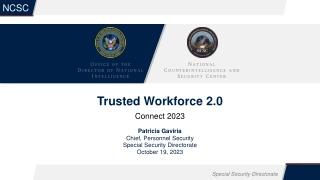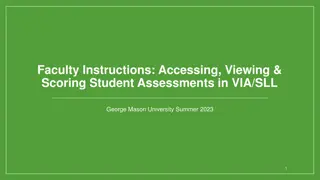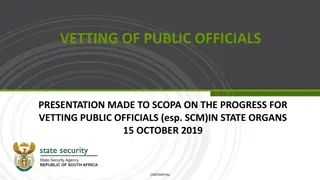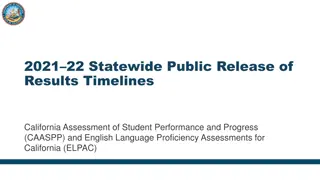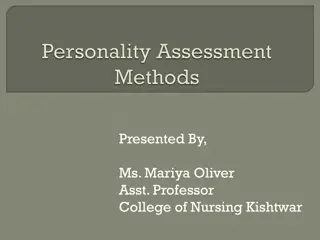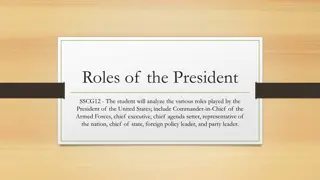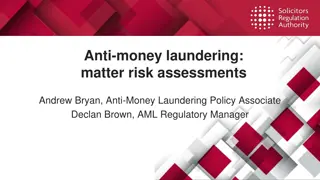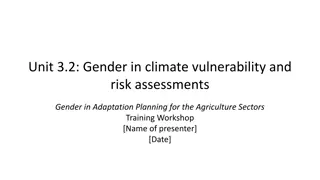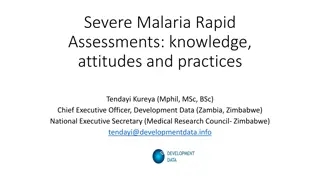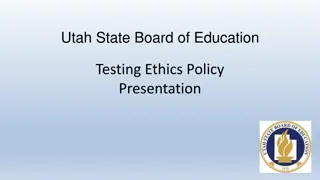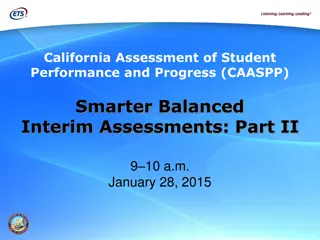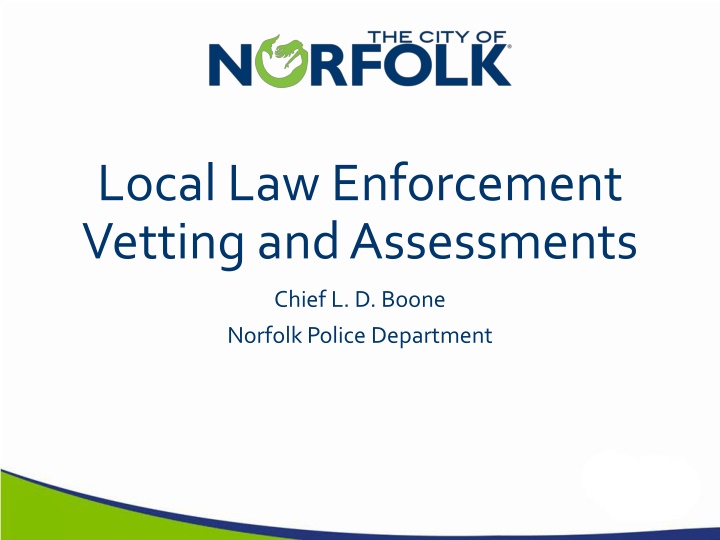
Local Law Enforcement Vetting and Assessments Chief L. D. Boone - Norfolk Police Department Insights
Gain insights into the hiring process, training requirements, and decertification regulations of the Norfolk Police Department led by Chief L. D. Boone. Explore the multi-step vetting process, rigorous training criteria, and the DCJS decertification standards for law enforcement officers in Virginia.
Download Presentation

Please find below an Image/Link to download the presentation.
The content on the website is provided AS IS for your information and personal use only. It may not be sold, licensed, or shared on other websites without obtaining consent from the author. If you encounter any issues during the download, it is possible that the publisher has removed the file from their server.
You are allowed to download the files provided on this website for personal or commercial use, subject to the condition that they are used lawfully. All files are the property of their respective owners.
The content on the website is provided AS IS for your information and personal use only. It may not be sold, licensed, or shared on other websites without obtaining consent from the author.
E N D
Presentation Transcript
Local Law Enforcement Vetting and Assessments Chief L. D. Boone Norfolk Police Department
Topics I. II. NPD s Training Requirements III. Department of Criminal Justice Services (DCJS) Decertification Requirements IV. NPD s Administrative Terminations V. NPD s Duty to Report Misconduct VI. NPD s Duty to Intervene Hiring Process 2
I. Hiring and Background Process All applicants are thoroughly vetted through a multi-step process Multi-Step process comprises of: Written exam Background check Polygraph Examination Physical Examination Psychological screen (MMPI) An applicant from another police agency will have their personnel files thoroughly examined for any potential issues prior to employment offer 3
II. NPDs Training Requirements DCJS requires 400 hours of Basic Law Enforcement Training (BLET) for initial certification Police Agencies within the Commonwealth can expand training requirements NPD BLET is approximately 1,080 hours (27 weeks) Includes 1 week of Critical Incident Training (CIT) The training is a combination of academic subjects as well as skills training (driving, defensive tactics, firearms) Much of the training is scenario based including scenarios involving de-escalation 4
III. DCJS Decertification Requirements Code of Virginia 15.2-1707 Decertification of Law Enforcement Officers Within 48 hours an agency administrator shall notify the Criminal Justice Services Board that a certified law- enforcementofficer currently employed by his agency has been: Convicted of a felony Convicted of a Class 1 misdemeanor involving moral turpitude, including but not limited to Petit Larceny Convicted of any misdemeanor sex offense including but not limited to sexual battery or consensual sexual intercourse with a minor 15 or older 5
DCJS Decertification Requirements Convicted of domestic assault Failed to comply with or maintain compliance with mandated training requirements Refused to submit to a drug screening or has produced a positive result on a drug screening reported to the employing agency, where the positive result cannot be explained to the agency administrator's satisfaction Substantiated excessive use of force and administrative complaints do not cause an officer to be decertified 6
IV. NPDs Administrative Terminations When it has been determined an officer has committed a serious offense separation from the Department will be pursued CAVEAT: Unless the hiring agency investigates the officer s separation from the prior agency, they will Not be made aware of the reason the officer left the agency. 7
V. NPDs Duty to Report Misconduct Duty to Report Personnel will encourage citizens and co-workers to report legitimate complaints of inadequate police service or police misconduct. Every reasonable effort will be made to facilitate the convenient, courteous, and prompt receipt and processing of complaints. There shall be no retaliation against any personnel or citizens who report or facilitate the reporting of any inadequate police service or police misconduct Any member of the department who in any way interferes with, discourages, or delays the making of such complaint will be subject to disciplinary action. 8
VI. NPDs Duty to Intervene Duty to Intervene Any officer, regardless of rank, present and observing another officer using force that is clearly other than objectively reasonable given the situation shall safely intercede to end and prevent further excessive force. Officers will immediately report these observations to a supervisor. Culture eats policy for lunch 9

